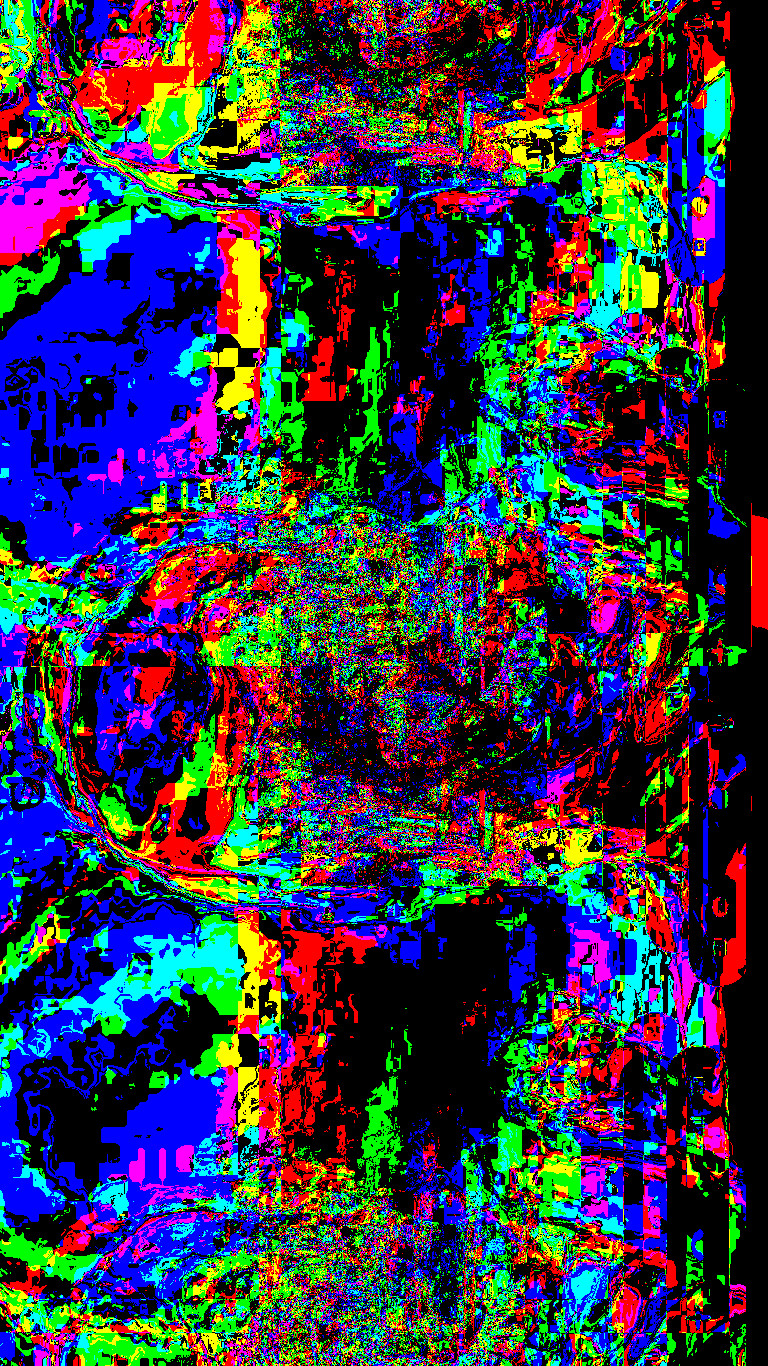embedded critic: Forest, #2
Embedded Critic: Forest
#2
Wed 16 Jan 2019
Today is immediately different. James and Leentje are rehearsing at the Royal Exchange in a rehearsal room I’ve been in several times over the past four years, but which each time has felt like a separate space. That’s a phenomenon with rehearsal rooms, I think – the show being worked on makes the space, not the accidents of physical architecture. Even though there aren’t any strange logs or views of cranes from here, we’re more in the same room we were at Autotrader than the one The Producers has been rehearsing in.
With that said though, now the room has space to stretch its legs. Leentje and James are on their feet, walking though the show, pacing the space – there’s a far more physical energy to the room today. James is running the opening of the show, mapping out his movements from thought to thought. Leentje is egging him on to move more spontaneously. She tells him, ‘The moment I can follow you, you’re going too slow… When you don’t know what is coming, use it.’ The room is chasing the live performance. The whole process of making a show seems to be trying to run to catch up to the final piece, trying to think your way around and understand what you are doing in the space and how it is going to travel through time into a performance.
I’m building a picture of this show but it is still in snapshots. I’ve seen parts, spoken to Leentje and James about it, thought about how the unformed pieces I have seen might fit together.
///
Leentje turns to me, tells me, ‘ You can have opinions.’ – I am not a valueless quantity. I’m not just a black box recording the arcane insides of this process. Even if I wanted to be present and ineffectual I doubt I could be. I catch James and Leentje’s eyes while they talk through a point, from where I’m sat. I’m another human body in the room, and live performance is all about bodies being in front of each other. I can’t help but feed back into the room.
James has spoken about this show being an attempt at mapping out his mind and thought processes, and I think a vital part of that desire becoming concrete is those attempts being observed. What use is a thought expressed but unheard? I wonder how much of the finished show will speak about those thought process and how much will speak about the difficulty had in trying to express them. Perhaps the show will do neither of those things but I will see them in it anyway.
I wonder if any show can be turned into a metaphor about making shows in general. I suspect my gaze is polluted by having been in too many rehearsal rooms to put those synapse connections aside.
///
The majority of what I see of today’s rehearsal is clarifying layers of reality. It is largely decided now, just over a week before the show opens, what James is going to be saying, introducing to an audience. Being ironed out is which things are happening in the room, which have already happened, which are imagined things? For the audience, all this work may go unseen, unsensed, but some feeling of it will come across. This is the dirty mud-work of a show, grubbing to keep the axles clean, making sure it runs. It’s important that its own logic is consistent enough, that its makers know it holds up and at which points in the show they can lean on that logic. An audience can tell the difference between a show indecipherable because there’s nothing beneath the surface, and a show that keeps its secrets. The problem with making a show is that those secrets all begin hidden from everyone involved.
At the start of Forest, James tells the audience, ‘I’m trying to get out’. Which I think can be applied to the whole process of making a show. The end goal of making is always going to be that you can stop, that the work is over and the show is somehow completed. And when the show is completed, perhaps the thought is too. Finally unpicked, clarified and expressed. Then the audience have their say, and the show becomes something entirely other, muddied, new.
